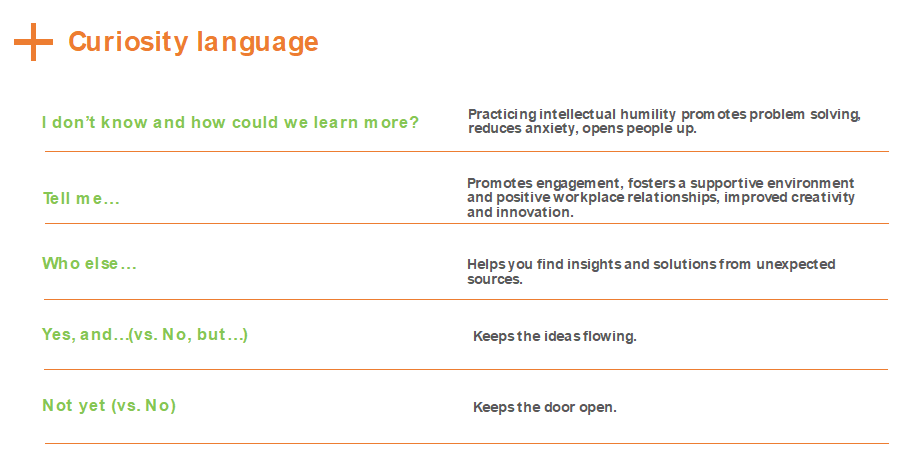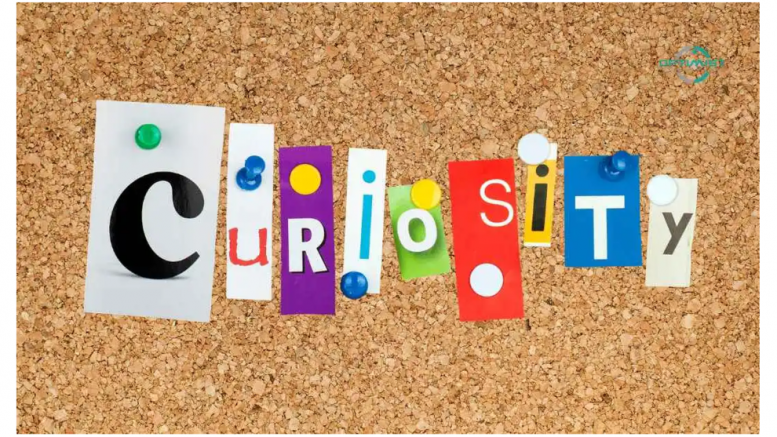What do discovery, invention, ideas and even, civilisation have in common? The answer is curiosity – the desire (and the fire) to think about, imagine, learn, and experience new possibilities. As technology and the tools available to communicators evolve – sometimes at breakneck speed – cultivating your curiosity is more important than ever, not only to your own career development but also to business success.
Consider the research underscoring the value of curiosity to the corporate world. Data show that curiosity is a valuable skill for leaders and employees. Among the benefits, curiosity helps people adapt to uncertain market conditions and external pressures by triggering deeper and more rational thinking, often resulting in more creative and effective solutions.
What’s more:
- Curiosity is an increasingly valuable skill for employers and managers globally and in India with the potential to address some of the biggest challenges including creating more innovative, collaborative, and productive workplaces.
- The 2023 World Economic Report placed curiosity at number five on the list of core skills for workers, demonstrating its growing demand. Two-thirds (67%) of companies have acknowledged its increasing importance.
- A LinkedIn report reinforces this trend, revealing a 90% increase in job postings mentioning curiosity over recent years.
To be curious is to be open to learning and embracing change. But for many, change is hard, and I’m pretty sure we’ve all experienced some form of reluctance to give up the old to embrace the new. For example, I took f-o-r-e-v-e-r to give up my Blackberry for an iPhone, citing my love of the Blackberry keyboard. Fear of the new is not uncommon but change is often easier than one thinks, and curiosity is the gateway.
With AI changing communicators’ everyday ways of working and ideating, now is the time to find and cultivate inquisitiveness. AI is already powering drug discovery and development, banking, finance, manufacturing, education, retail, security…virtually every area of business. In the communications world, it is impacting how we target, ideate, create, manage amplification, identify and respond to misinformation and so much more.
Next month, I will offer a column about AI in communications including information from an expert, though there’s a chance it will be out of date by the time I hit the ‘publish’ button given how quickly things are moving. When it comes to curiosity, however, it is worth remembering that humans possess curiosity without boundaries. AI, on the other hand, operates within the confines of its algorithm and data. AI cannot ‘wonder,’ for example, and has no imagination. There could, however, be no limits to what AI and human curiosity can do together.
For today, there are many ways to make curiosity part of your everyday practices at work. The simplest is to embrace curiosity language. The following are phrases and words that are part of a curiosity mindset that stoke open dialogue and idea flow. Consider these in your next group ‘brainstorming’ or ‘creative session,’ to tackle a communications challenge or opportunity.

Active curiosity, trial, and trial again, keeps us interested, interesting and fresh. The writer Alice Munro once said, “The constant happiness is curiosity.” Albert Einstein said kind of the same thing but differently: “Once you stop learning, you start dying.” Learning takes place everywhere if you’re present and open to it. There’s no right way to ‘do’ curiosity. An active investment in curiosity doesn’t need to be formal. Informal, everyday opportunities abound including daydreaming and meditation. Silent observation (and therefore, keen listening) also works.
The views and opinions published here belong to the author and do not necessarily reflect the views and opinions of the publisher.



Be the first to comment on "The Case for Cultivating Curiosity Now"